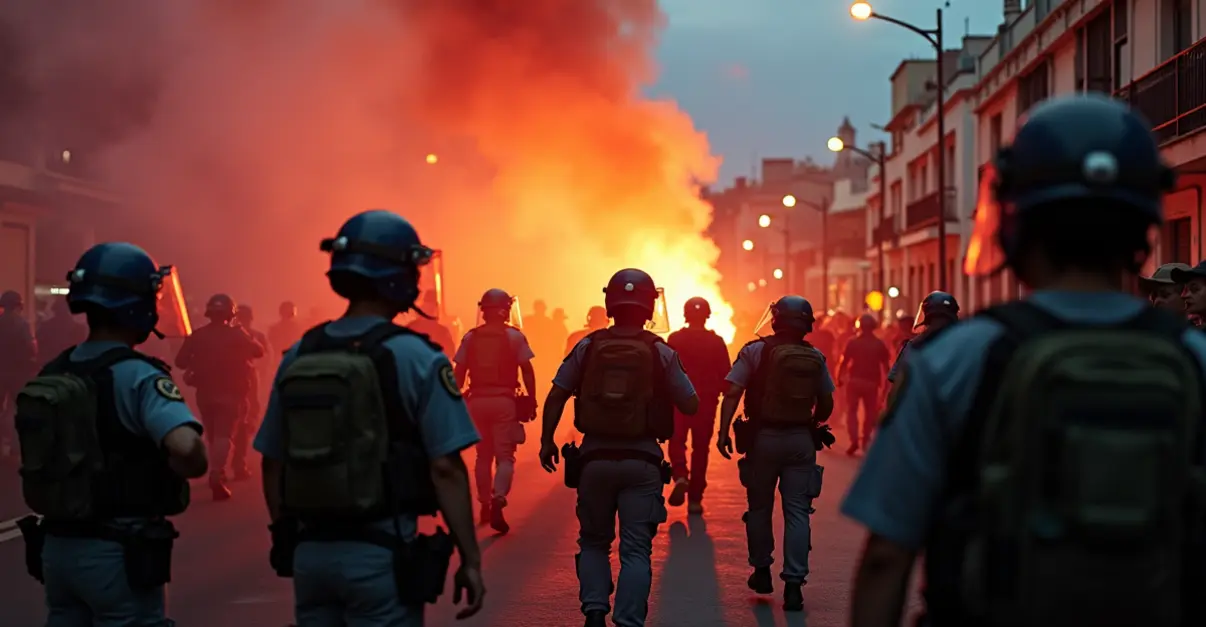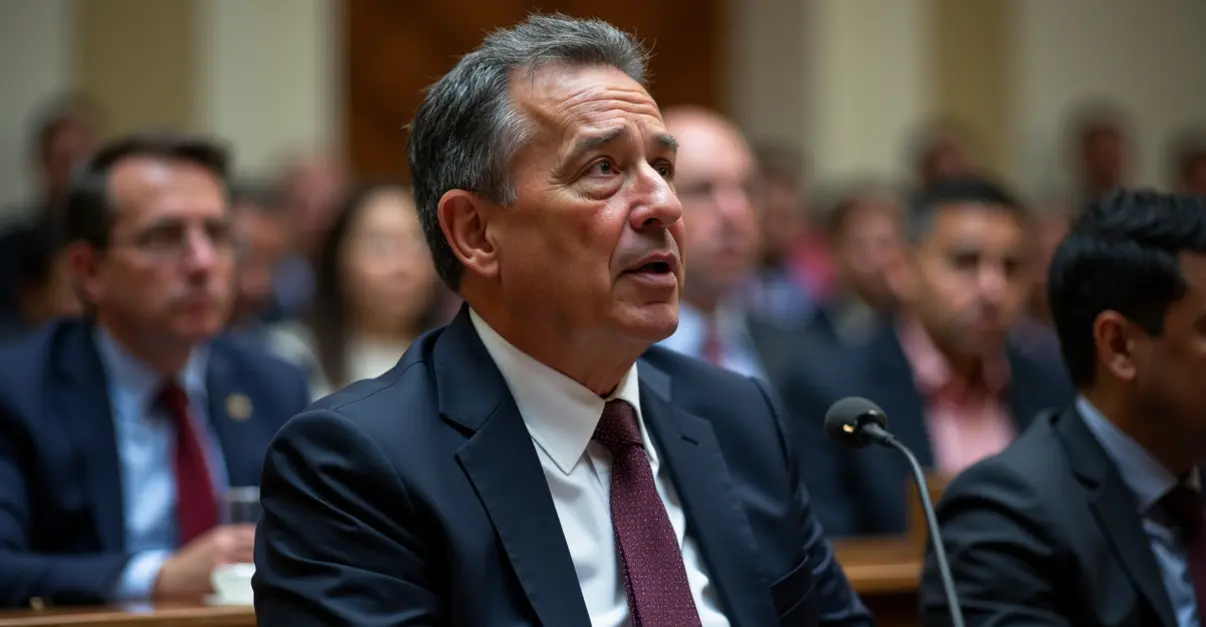Diplomatic Crisis Erupts Over Former Prime Minister's Asylum Request
Peru has taken the drastic step of severing all diplomatic relations with Mexico in response to Mexico's decision to grant political asylum to former Peruvian Prime Minister Betssy Chávez. The diplomatic rupture, announced by Peruvian Foreign Minister Hugo de Zela, represents one of the most serious diplomatic crises in Latin America in recent years and marks a significant escalation in tensions between the two nations.
The Trigger: Asylum at the Mexican Embassy
The crisis erupted when Peruvian officials learned that Chávez, who served as prime minister under former President Pedro Castillo, had fled to the Mexican Embassy in Lima and requested political asylum. 'We were surprised and deeply regret that Mexico has decided to grant asylum to Betssy Chávez,' stated Foreign Minister de Zela during a press conference. 'This constitutes an unfriendly act that adds to repeated interference by Mexican leaders in Peru's internal affairs.'
Chávez faces serious legal challenges in Peru, where prosecutors are seeking up to 25 years in prison for her alleged role in the 2022 coup attempt by former President Castillo. She is charged with rebellion and conspiracy against the state, accusations she denies. The legal proceedings against her have been ongoing since Castillo's dramatic attempt to dissolve Congress in December 2022, which led to his impeachment and arrest.
Background of Political Turmoil
The current diplomatic crisis is rooted in Peru's ongoing political instability. Former President Pedro Castillo, a left-wing teacher and union leader, was removed from office in December 2022 after attempting to dissolve Congress and rule by decree. His vice president, Dina Boluarte, succeeded him and became Peru's first female president. However, Boluarte's presidency was marked by controversy and low approval ratings, culminating in her impeachment by Congress last month.
José Jerí, the congressional leader who presided over Boluarte's removal, was sworn in as Peru's new president. In his first statements, Jerí distanced himself from Boluarte's administration, stating 'We have inherited problems from the previous management that lacked political will.' He has declared a state of emergency in Lima and Callao to address rising insecurity, though critics note this approach resembles measures taken by both Boluarte and Castillo.
Mexico's Position and Regional Implications
Mexico has defended its decision to grant asylum to Chávez, arguing it complies with international law and humanitarian principles. Mexican officials have characterized Peru's response as 'excessive and disproportionate,' according to statements from the Mexican Foreign Ministry. This is not the first time Mexico has granted asylum to associates of Castillo - the former president's wife and children are already living in Mexico under political protection.
The diplomatic break follows a pattern of strained relations between Peru's current government and left-leaning administrations in Latin America that had supported Castillo. Mexico's President Andrés Manuel López Obrador has previously described Castillo's removal as a 'coup,' a characterization rejected by Peruvian authorities and many international observers.
Legal Proceedings and International Law
Chávez's legal situation adds complexity to the diplomatic standoff. She is accused of being a co-author of the alleged coup attempt alongside Castillo, who faces even more severe charges with prosecutors seeking 34 years imprisonment. Both deny the allegations and claim they are victims of political persecution.
Under international law, embassies are considered sovereign territory of the represented country, and diplomatic asylum has a long tradition in Latin America. However, Peru argues that Mexico's action constitutes interference in its judicial processes and internal affairs. The situation highlights tensions between national sovereignty principles and international humanitarian protections.
The diplomatic rupture means the closure of embassies and consulates, the withdrawal of diplomatic personnel, and the suspension of all bilateral cooperation. This could have significant economic consequences, particularly for trade relations between the two countries. Peru and Mexico have important commercial ties, with bilateral trade exceeding $3 billion annually before the crisis.
As Latin America watches this unfolding diplomatic drama, the situation underscores the region's political divisions and the challenges of maintaining diplomatic relations amid domestic political crises. The resolution of this standoff will likely require international mediation and could set important precedents for how political asylum cases are handled in the region.

 Nederlands
Nederlands
 English
English
 Deutsch
Deutsch
 Français
Français
 Español
Español
 Português
Português










